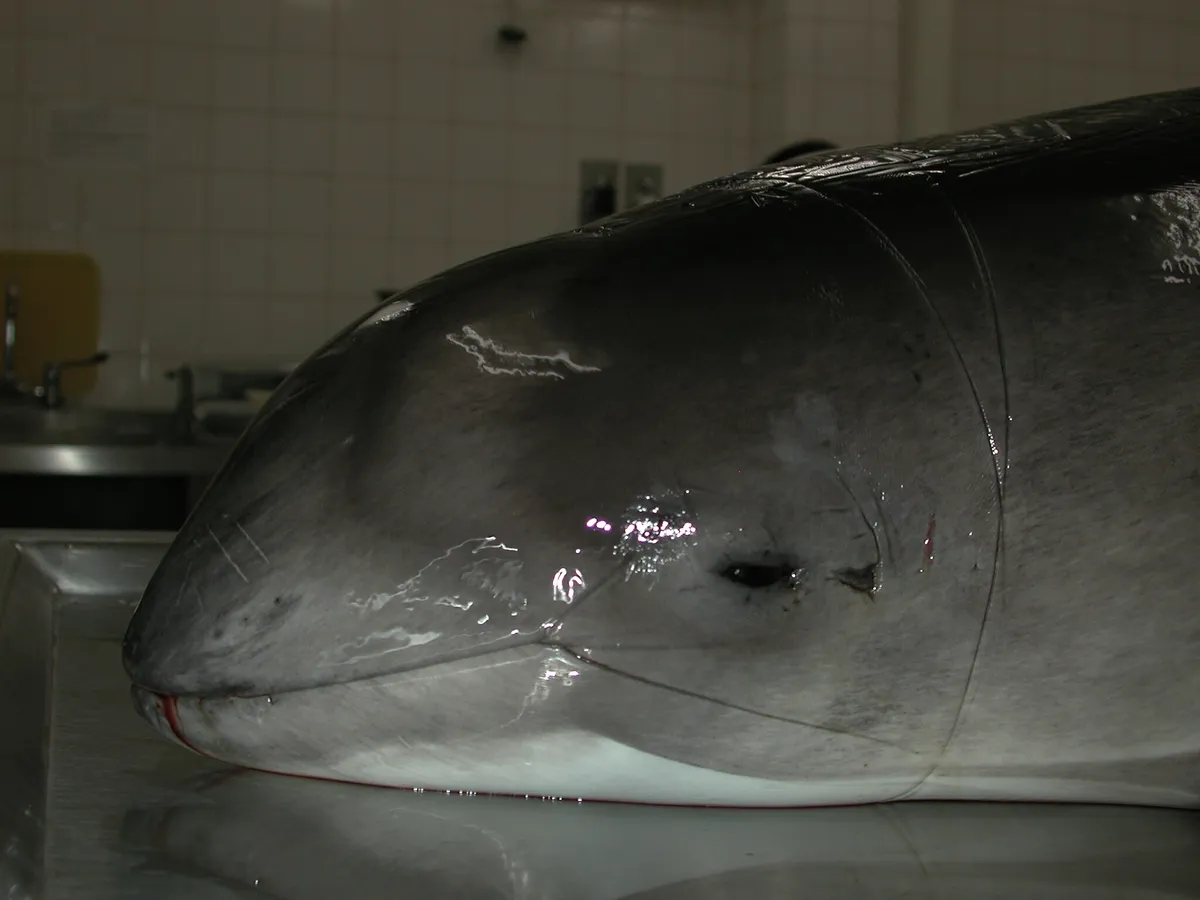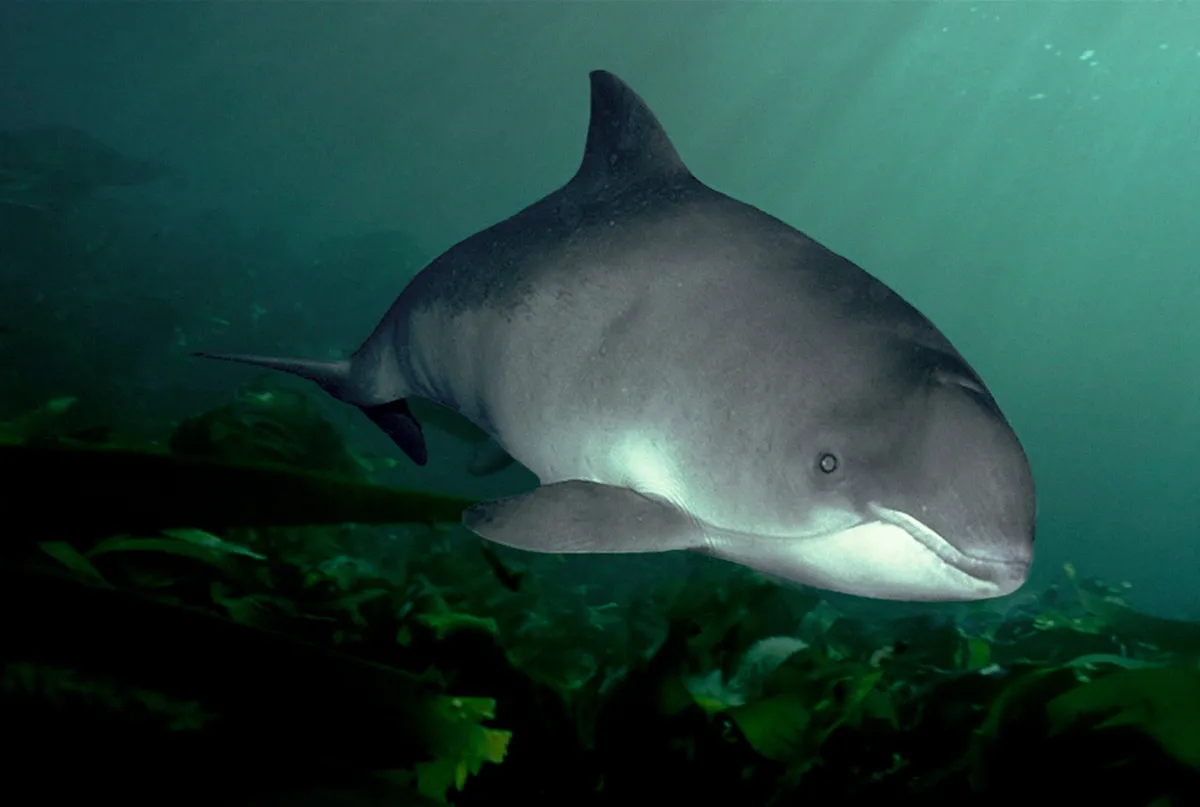A new study from WWF and Sky Ocean Rescue has reported that over a thousand harbour porpoises are dying in UK waters each year.
The shy and elusive cetaceans are often caught in gillnets which causes them to suffocate and die.
“The tragic deaths of harbour porpoises are a national scandal that can no longer be ignored,” says WWF fisheries programme manager, Helen McLachlan.
“Many Brits will be horrified to learn of the scale of the issue and shocked that these beautiful mammals could be dying in the very nets used to catch the fish on their dinner plates.”

The report estimates that between 587 and 2615 individual porpoises were killed in 2017 with the best estimate being 1098, an average of three a day.
This figure is based on numbers recorded by onboard observers from gillnet boats, however, the estimate only applies to large vessels despite smaller boats making up a large proportion of fisheries.
Geographic hotspots, where the number of deaths are particularly high, were found in the southeast and southwest of England as well as west of the Shetlands.
These areas are rich in marine life which attracts high numbers of porpoises and gillnet fisheries.
The UK is home to around 177,000 harbour porpoises and provides globally important areas for breeding and feeding, with six special areas of conservation created in 2017.

However, there are no current restrictions on fishing in these areas meaning that the mammals have no safe havens in UK waters.
The new report recommends that alternative gear should be reviewed for potential use in all UK gillnet fisheries, rather than trying to limit the damage that the gillnets themselves cause.
It also suggests that effective monitoring at sea is urgently required to understand the full extent of bycatch.

